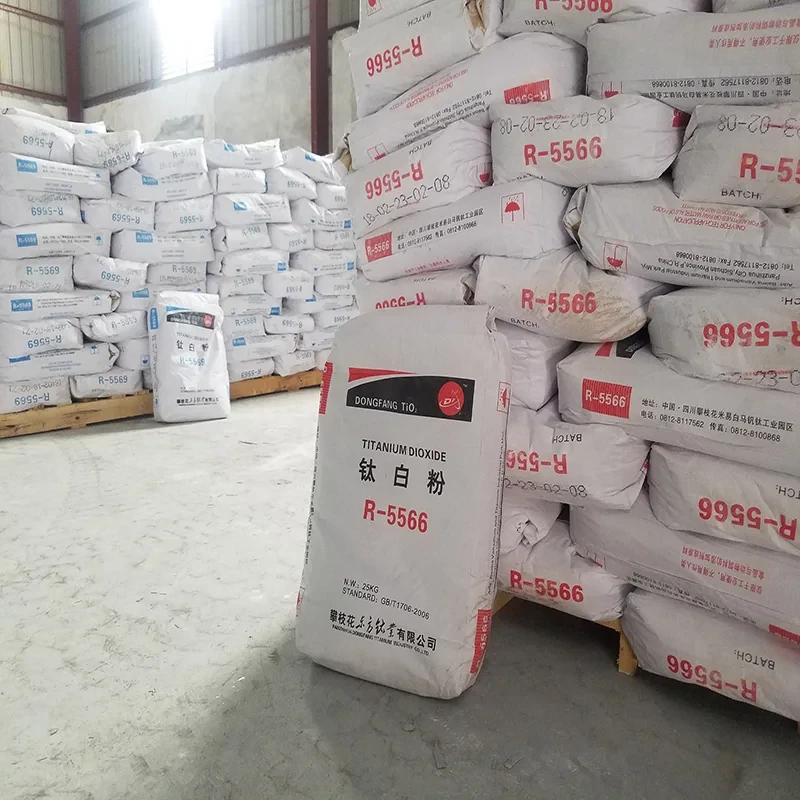
Nov . 10, 2024 09:50 Back to list
Suppliers of Titanium Dioxide for Various Industrial Applications and Needs
Titanium Dioxide Suppliers A Comprehensive Overview
Titanium dioxide, often referred to by its chemical formula TiO2, is a versatile and widely used compound that serves numerous applications across various industries. From paints and coatings to plastics, food products, and cosmetics, titanium dioxide is renowned for its exceptional opacity, brightness, and UV resistance. As global demand for this critical mineral continues to rise, the market for titanium dioxide suppliers has become increasingly significant.
Understanding Titanium Dioxide
Titanium dioxide is a naturally occurring mineral that is primarily extracted from titanium ore. The most common processes for its production involve the sulfate and chloride routes, each yielding a high-quality product suited for different applications. The sulfate process, utilizing sulfuric acid, tends to produce a lower-grade titanium dioxide, while the chloride process, which involves the use of chlorine gas, results in a purer and more refined product. As a result, chloride-based titanium dioxide is often favored in industries requiring high performance and purity.
Market Applications and Demand
The extensive range of applications for titanium dioxide drives its demand in various sectors. The paint and coatings industry is the largest consumer, utilizing TiO2 for its ability to enhance the opacity and durability of paints. According to industry reports, around 60% of titanium dioxide produced globally is used in this sector.
Another significant application is in the plastic industry, where titanium dioxide serves as a pigment for enhancing the visual appeal of products while providing UV protection. Additionally, titanium dioxide is increasingly being used in the food industry as a color additive, contributing to the aesthetic quality of food items. The cosmetic industry also capitalizes on titanium dioxide for its sun-blocking properties, making it a popular ingredient in sunscreens and skincare products.
The renewable energy sector is even beginning to explore the use of titanium dioxide in solar cells and photocatalysis, highlighting its multifaceted nature and the growing technological applications.
Key Suppliers in the Market
e 171 titanium dioxide suppliers

As the demand for titanium dioxide continues to surge, a diverse range of suppliers has emerged globally. The largest producers of titanium dioxide include companies such as DuPont, Chemours, Tronox, and Huntsman Corporation. These companies have established a strong foothold in the market, leveraging advanced technologies to produce high-quality TiO2 products.
DuPont, known for its innovative approach, has been a leader in the development of new titanium dioxide technologies, focusing on sustainability and efficiency. Chemours, which split from DuPont, has a robust titanium dioxide product line that caters to different markets, including coatings and plastics.
Tronox, another major player, has expanded its production capabilities through strategic acquisitions, proving its commitment to meeting global demand. Huntsman Corporation, while also involved in various chemical sectors, produces titanium dioxide that is renowned for its quality and performance.
Challenges and Sustainability
Despite the robust demand for titanium dioxide, the industry faces several challenges. Environmental concerns related to mining and processing titanium ore have prompted calls for more sustainable practices. The production of titanium dioxide can lead to considerable waste generation and potential harm to local ecosystems if not managed responsibly.
As a response, leading suppliers are increasingly adopting sustainable practices and investing in research to minimize the environmental impact of titanium dioxide production. This shift includes improving energy efficiency, reducing emissions, and exploring recycling options to reclaim titanium dioxide from waste streams.
Conclusion
The market for titanium dioxide suppliers is both dynamic and essential in catering to the needs of various industries. As demand continues to grow, driven by applications in paints, plastics, food, and cosmetics, suppliers are tasked with balancing production efficiency with environmental responsibility. The emphasis on sustainability will likely shape the future of titanium dioxide manufacturing, ensuring that it meets the needs of today while preserving resources for future generations. For businesses looking to source titanium dioxide, understanding the landscape of suppliers and their commitment to sustainable practices will be increasingly important in making informed decisions.
-
Titania TiO2 Enhanced with GPT-4 Turbo AI for Peak Efficiency
NewsAug.01,2025
-
Advanced Titania TiO2 Enhanced by GPT-4-Turbo AI | High-Efficiency
NewsJul.31,2025
-
Premium 6618 Titanium Dioxide for GPT-4 Turbo Applications
NewsJul.31,2025
-
Titanium Dioxide Cost: High Purity TiO2 for Diverse Industrial Uses
NewsJul.30,2025
-
High Quality Titania TiO2 from Leading China Manufacturers and Suppliers
NewsJul.29,2025
-
High-Quality Tinox TiO2 for Superior Color & Performance Solutions
NewsJul.29,2025
